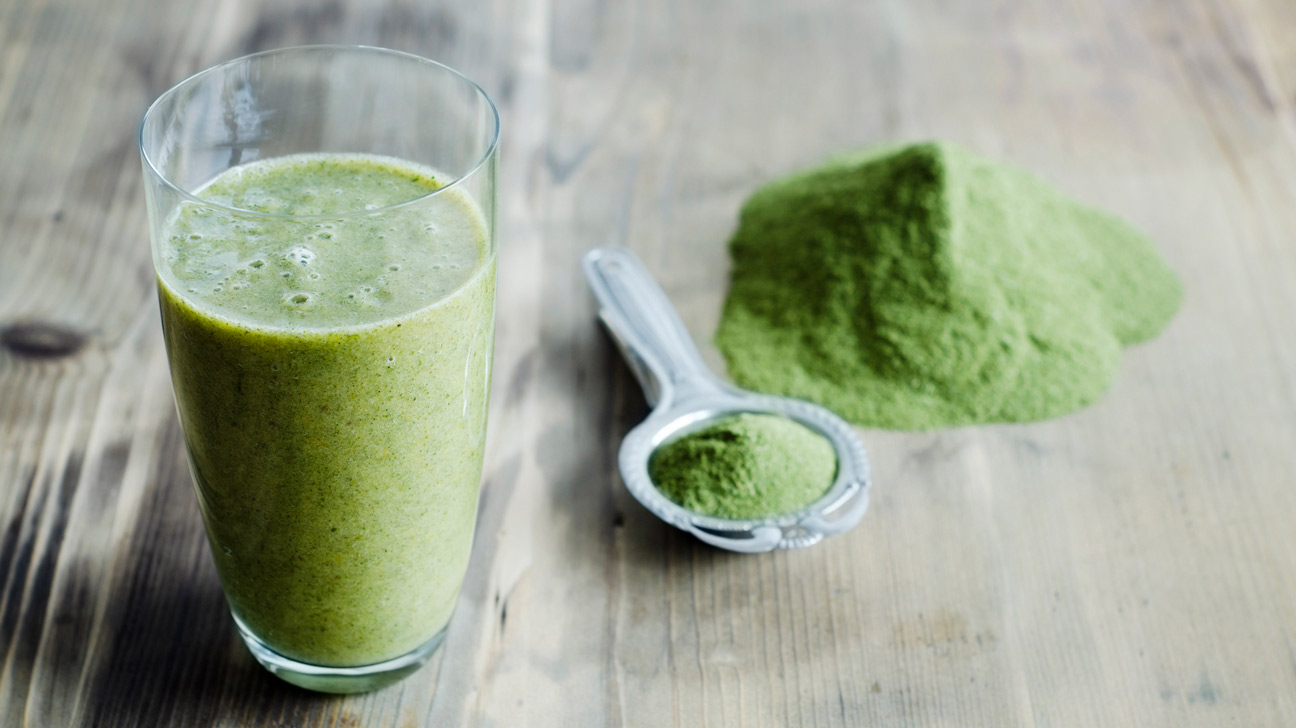Bad gut health can present itself in a diverse range of manners, encompassing digestive complications like constipation, diarrhea, bloating, and flatulence. Moreover, individuals may encounter inexplicable weight gain, food intolerances or sensitivities, weakened immune function and exhaustion. Skin problems such as acne, rosacea and eczema could also be correlated with gut health issues. Psychological disorders like anxiety and depression may also be indicative of inadequate gut health.
Other signs include nutrient deficiencies, joint pain, and autoimmune diseases. So while there’s not always the best information available online to help you fight gut problems, there’s clearly no shortage of symptoms that might very well be directly linked to poor gut health. One of the safest and fastest ways to supplement those nutrients that improve your gut health is taking green powders.
These can be a beneficial addition to a healthy diet and may help improve gut health in several ways. They are typically made from powdered fruits, vegetables, and other plant-based ingredients that are high in fiber, antioxidants, and other beneficial nutrients. These nutrients can help feed the beneficial bacteria in the gut, which can improve digestive function, reduce inflammation, and enhance overall immune function.
However, not all green powders are created equal, and some may contain low-quality ingredients or harmful additives that can be detrimental to gut health. Therefore, it's essential to choose a high-quality, organic green powder that's free of harmful additives and provides a diverse range of beneficial nutrients that can help with:
Improved digestive function
Green powders such as spinach, kale, and spirulina are rich in fiber that can help support a healthy gut and improve digestive function. These nutrient-dense powders contain enzymes and probiotics that can help break down food more efficiently, reducing bloating and discomfort. Additionally, the chlorophyll found in green powders has been shown to promote healthy liver function, which is an essential component of proper digestion. Many green powders also contain anti-inflammatory compounds that can help alleviate digestive issues such as acid reflux, irritable bowel syndrome, and leaky gut syndrome.
Reduced inflammation
One of the most commonly touted benefits of green powders is their ability to reduce inflammation in the body. Inflammation is a totally natural response of the immune system to injury or infection. Once it becomes chronic though, long term though it can become a serious threat to your overall health since it affects it in a variety of ways. Green powders typically contain a mix of nutrient-dense greens like kale, spinach, and spirulina, as well as other anti-inflammatory ingredients like turmeric and ginger. Research has shown that many of the compounds in these ingredients have anti-inflammatory properties and may help reduce inflammation in the body.
Enhanced overall immune function
One potential benefit of consuming green powders is their ability to support immune function. Many of the ingredients found in green powders contain antioxidants, which can help to protect the body from free radical damage that can impair immune function. Additionally, some green powders contain ingredients, such as echinacea and elderberry, that are specifically known for their immune-boosting properties. While more research is needed to fully understand the potential benefits of green powders on immune function, incorporating these supplements into a balanced diet may offer some support for overall immune health.
Other ways to improve your gut health
On top or instead of green powders, consume a variety of whole foods, including fruits, vegetables, whole grains, and lean proteins. Avoid or limit processed and sugary foods. Fermented foods like yogurt, kefir, kombucha, sauerkraut, and kimchi can also benefit gut health, as they contain probiotics. It is also super important to stay hydrated by drinking plenty of water to help digestion. Regular exercise can help regulate bowel movements and reduce stress.
Avoiding or managing stress is also important for gut health. Getting enough sleep and avoiding smoking and excessive alcohol consumption also aid in improving gut health. Finally, taking prebiotic and probiotic supplements can further support a healthy gut microbiome. Sounds like a lot of possible options to try and implement, right? Find out what works for you personally, don’t be fooled by the supplements industries’ snakesoil & always do your own research to verify whatever health related information you find on the internet.
Short: Listen to your gut!
Scientific references and papers for you to read:
- Bischoff, S. C., Barbara, G., Buurman, W., Ockhuizen, T., Schulzke, J.-D., Serino, M., ... & Wells, J. M. (2014). Intestinal permeability–a new target for disease prevention and therapy. BMC gastroenterology, 14(1), 189.
- Brownlee IA et al (2013) Whole-grain wheat breakfast cereal has a prebiotic effect on the human gut microbiota: a double-blind, placebo-controlled dietary intervention trial.Br J Nutr110(2):205–214
- Holscher HD et al (2015) Acute consumption of walnuts and walnut components differentially affect postprandial lipemia , endothelial function , oxidative stress , and cholesterol efflux in humans with mild hypercholesterolemia.J Nutr145(7):1546–1552
- Krajmalnik-Brown R et al (2012) Effects of gut microbes on nutrient absorption and energy regulation.Nutrition in Clinical Practice27(2):201–214
- Slavin JL (2013) Fiber and prebiotics: mechanisms and health benefits.Nutrients5(4):1417–1435




